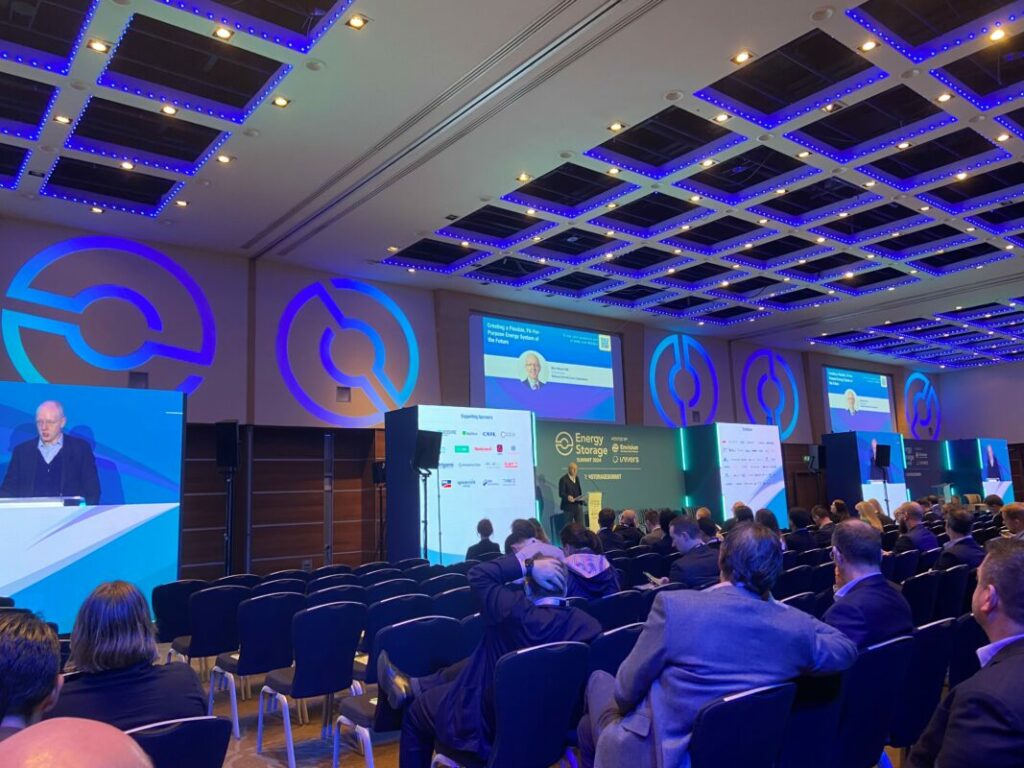“The National Infrastructure Commission (NIC) believes there needs to be a substantial acceleration of investment in the energy system of around £25-35 billion per year,” said Nick Winser, commissioner of the NIC, in his opening remarks on day two of Solar Media’s Energy Storage Summit 2024.
Unlocking private investment for grid infrastructure continues to be one of the most crucial aspects of the energy transition, especially around the conversation of wind curtailment. It is quite right that an increase in renewable generation is a positive factor for GB, particularly on the path to zero emissions and increasing energy security.
But the vast sums of money being pumped into the technology must be matched with investment in grid infrastructure. Indeed, with the UK targeting 50GW of offshore wind capacity by 2030, this investment must be scaled immediately.
This was emphasised by Winser, who outlined that investment will be required to ensure the GB grid can cope with “50% more electricity demand by 2035 and more than double by 2050”.
Another technology that could well prove to be critical in the energy storage space is hydrogen. “By 2035 we will need to have 8TWh of large-scale hydrogen storage and currently we have less than 1TWh. We will need to see an eight-fold increase from now,” Winser said.
Hydrogen, particularly green hydrogen, could be vital in decarbonising the GB market, particularly through its potential as an energy storage vector. One of the key methods in large-scale hydrogen storage is salt cavern storage. These natural geographical formations have been referenced as a means to store utility-scale hydrogen to be extracted when there is a spike in demand.
“Salt caverns and depleted oil and gas reservoirs could be used for hydrogen storage. With the time it takes to develop these, we need to get on with this very quickly,” Winser said.
The final significant point mentioned by Winser in his opening remarks was the need to establish a strategic energy reserve to ensure that the UK energy sector is protected from the impacts of international events, such as the Russian invasion of Ukraine.
On the topic, Winser said: “We need to establish strategic energy reserve to supply 25TWh of electricity by 2040. The most likely form of this would be hydrogen, whereas in the short-term, it will be to store methane.”





